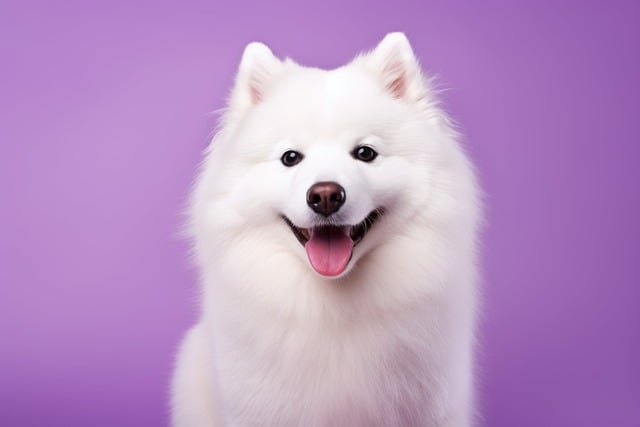
How do i train my dog to be obedient?
Watching your dog dart across the park ignoring your calls isn’t just frustrating—it can put them at risk near busy streets or public spaces.
You’ve just brought home a fluffy 8-week-old puppy, and within minutes, they’ve had an accident on your brand - new rug. It’s a common scenario for first - time dog owners in the US, and one that raises the burning question: what is a reasonable age for a puppy to be potty trained?
Understanding a puppy’s development is key. At 8 weeks old, a puppy’s bladder is tiny, about the size of a walnut, and they have very little control over their bodily functions. Puppies also lack the cognitive ability to understand what “outside” means at this young age. By 12 - 16 weeks, however, their bladder has grown, and they’re starting to develop the physical and mental capacity to hold it for longer periods. But it’s important to remember that every puppy is different, just like every child. A Chihuahua might mature faster than a Great Dane in terms of potty training.
So, how can you start the potty training process? Begin by creating a routine. Take your puppy outside first thing in the morning, after meals, after naps, and before bedtime. When they do their business outside, go all - out with the praise and treats. Positive reinforcement is the name of the game here. Avoid scolding or punishing your puppy for accidents indoors; this can create fear and anxiety, making the training process harder. Instead, clean up the mess with an enzymatic cleaner to remove the smell completely, which can prevent repeat accidents in the same spot.

In the US, being a responsible pet owner extends beyond potty training. Make sure your puppy is up - to - date on all required vaccinations, such as rabies and parvovirus, as mandated by state and local laws. When you’re out walking your puppy, always carry poop bags and clean up after them. It’s not just good etiquette; in many areas, it’s the law. For apartment dwellers, potty training can be a bit trickier. Consider using a designated area on a balcony or taking more frequent trips downstairs. And when you encounter other neighbors and their pets during walks, follow community etiquette, such as keeping your puppy on a leash and controlling their excitement.
Potty training is a journey, not a sprint. Some puppies might show significant progress by 4 - 5 months, while others could take up to 6 - 8 months. By being patient, consistent, and using positive training methods, you’ll not only have a potty - trained puppy but also a well - behaved and happy companion who’s a welcome member of your community.

Watching your dog dart across the park ignoring your calls isn’t just frustrating—it can put them at risk near busy streets or public spaces.

New puppy owners often find themselves rushing to clean up accidents before they set in, and that’s where puppy pad training becomes a game-changer.

If you've noticed your dog's waistline disappearing and your veterinarian has mentioned those few extra pounds, your first instinct might be to simply reduce the amount of food in their bowl.

Training a dog to use a designated spot indoors isn’t as daunting as many new owners fear, but it does take consistency and an understanding of your pet’s needs.

That moment of dread on a walk is all too familiar for many new dog owners. You see another dog approaching down the sidewalk of your neighborhood

If the sight of another dog on your neighborhood walk makes your heart sink as your own dog erupts into a frenzy of barking and lunging, you're not alone.